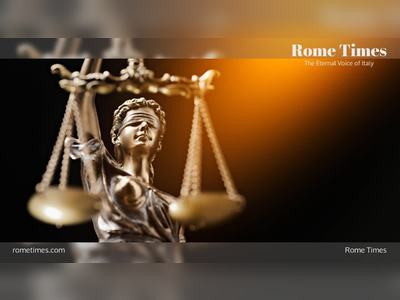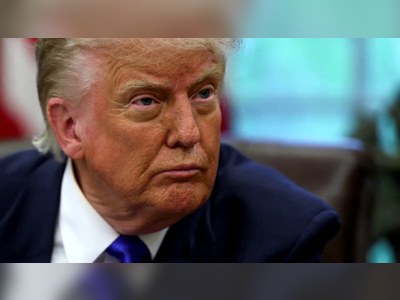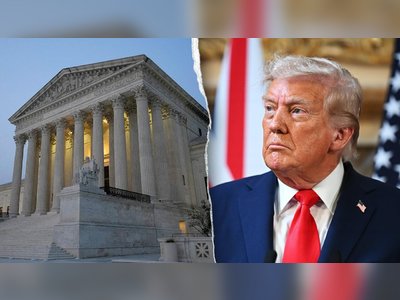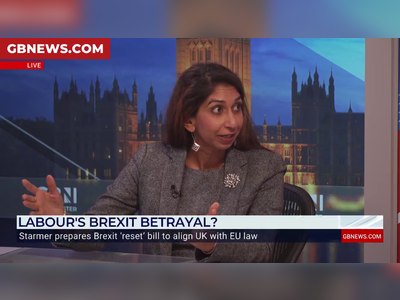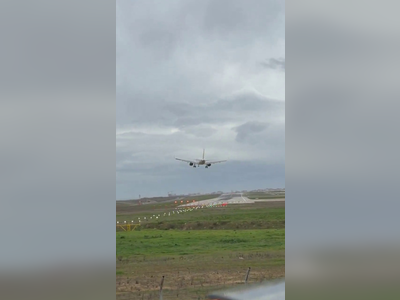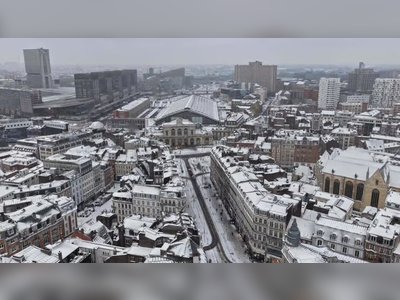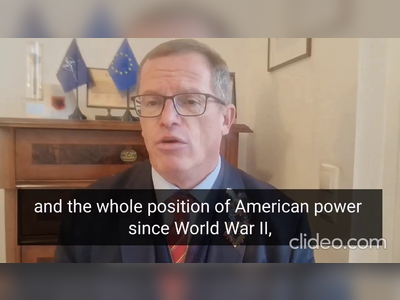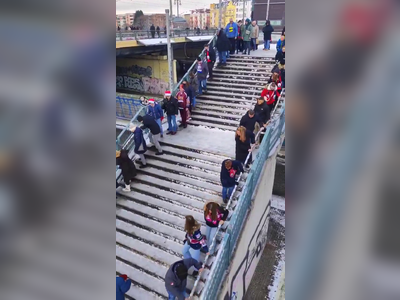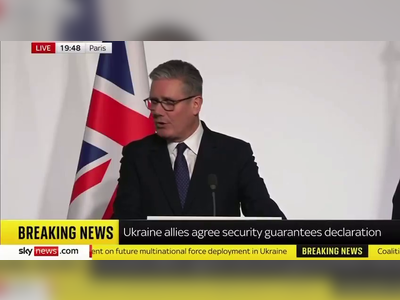Pope Francis Warns of the 'Concrete Threat' of a World War and the Perils of Artificial Intelligence
In a New Year address to the Vatican diplomatic corps, the Pope highlights the dangers of misinformation and social media isolation
In the backdrop of increasing global tensions and the rapid evolution of technology, Pope Francis has issued a stark warning about the 'concrete threat' of a world war and the challenges posed by artificial intelligence.
During his annual address to diplomats accredited to the Holy See, the Pope underlined the destructive potential of fake news, emphasizing how the spread of misinformation can foster a climate of suspicion, incite hatred, jeopardize the safety of individuals, and destabilize nations.
The Pontiff's message, delivered in the opulent setting of the Apostolic Palace, called on world leaders and the international community to reflect on the role of technology and communication in modern society.
Highlighting the growing issue of social isolation, he expressed concern over the pervasive use of social media and online gaming, warning of the risks they pose to social cohesion.
Pope Francis's cautionary remarks come at a time when the global landscape is riddled with geopolitical uncertainties and technological advancements that are reshaping daily life.
The proliferation of fake news has become a significant concern for governments and institutions worldwide, as misinformation campaigns threaten to undermine democratic processes and societal trust.
His Holiness highlighted the moral and ethical responsibilities involved in the digital dissemination of information, urging all stakeholders to prioritize truth and accuracy.
In his address, the Pope also touched upon the need for dialogue and mutual understanding among nations, stressing that collaboration and peace-building efforts remain paramount to steering clear of global conflict.
As digital platforms continue to serve as primary sources of news and information for billions, the role of individuals and corporations in ensuring the reliability of content has never been more critical.
The Pope's address, while rooted in the context of Christian ethics, holds universal resonance amid ongoing debates about the impact and governance of artificial intelligence technologies.
As AI systems influence fields ranging from cybersecurity to media, the conversation around their potential risks and benefits is attracting attention from policymakers, technologists, and ethicists alike.
With Europe and the rest of the world grappling with both traditional and novel threats, Pope Francis's remarks serve as a reminder of the need for vigilance and responsibility as societies navigate an interconnected yet divided world.
During his annual address to diplomats accredited to the Holy See, the Pope underlined the destructive potential of fake news, emphasizing how the spread of misinformation can foster a climate of suspicion, incite hatred, jeopardize the safety of individuals, and destabilize nations.
The Pontiff's message, delivered in the opulent setting of the Apostolic Palace, called on world leaders and the international community to reflect on the role of technology and communication in modern society.
Highlighting the growing issue of social isolation, he expressed concern over the pervasive use of social media and online gaming, warning of the risks they pose to social cohesion.
Pope Francis's cautionary remarks come at a time when the global landscape is riddled with geopolitical uncertainties and technological advancements that are reshaping daily life.
The proliferation of fake news has become a significant concern for governments and institutions worldwide, as misinformation campaigns threaten to undermine democratic processes and societal trust.
His Holiness highlighted the moral and ethical responsibilities involved in the digital dissemination of information, urging all stakeholders to prioritize truth and accuracy.
In his address, the Pope also touched upon the need for dialogue and mutual understanding among nations, stressing that collaboration and peace-building efforts remain paramount to steering clear of global conflict.
As digital platforms continue to serve as primary sources of news and information for billions, the role of individuals and corporations in ensuring the reliability of content has never been more critical.
The Pope's address, while rooted in the context of Christian ethics, holds universal resonance amid ongoing debates about the impact and governance of artificial intelligence technologies.
As AI systems influence fields ranging from cybersecurity to media, the conversation around their potential risks and benefits is attracting attention from policymakers, technologists, and ethicists alike.
With Europe and the rest of the world grappling with both traditional and novel threats, Pope Francis's remarks serve as a reminder of the need for vigilance and responsibility as societies navigate an interconnected yet divided world.
Translation:
Translated by AI
AI Disclaimer: An advanced artificial intelligence (AI) system generated the content of this page on its own. This innovative technology conducts extensive research from a variety of reliable sources, performs rigorous fact-checking and verification, cleans up and balances biased or manipulated content, and presents a minimal factual summary that is just enough yet essential for you to function as an informed and educated citizen. Please keep in mind, however, that this system is an evolving technology, and as a result, the article may contain accidental inaccuracies or errors. We urge you to help us improve our site by reporting any inaccuracies you find using the "Contact Us" link at the bottom of this page. Your helpful feedback helps us improve our system and deliver more precise content. When you find an article of interest here, please look for the full and extensive coverage of this topic in traditional news sources, as they are written by professional journalists that we try to support, not replace. We appreciate your understanding and assistance.
